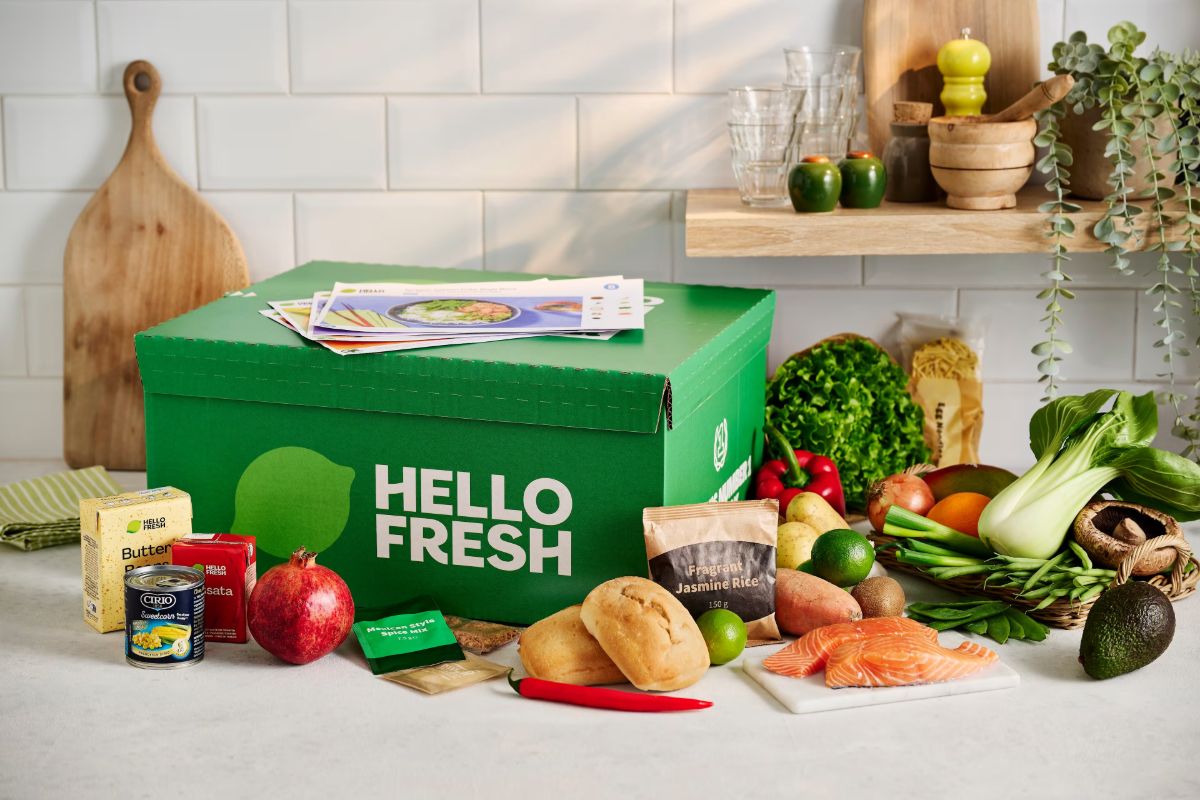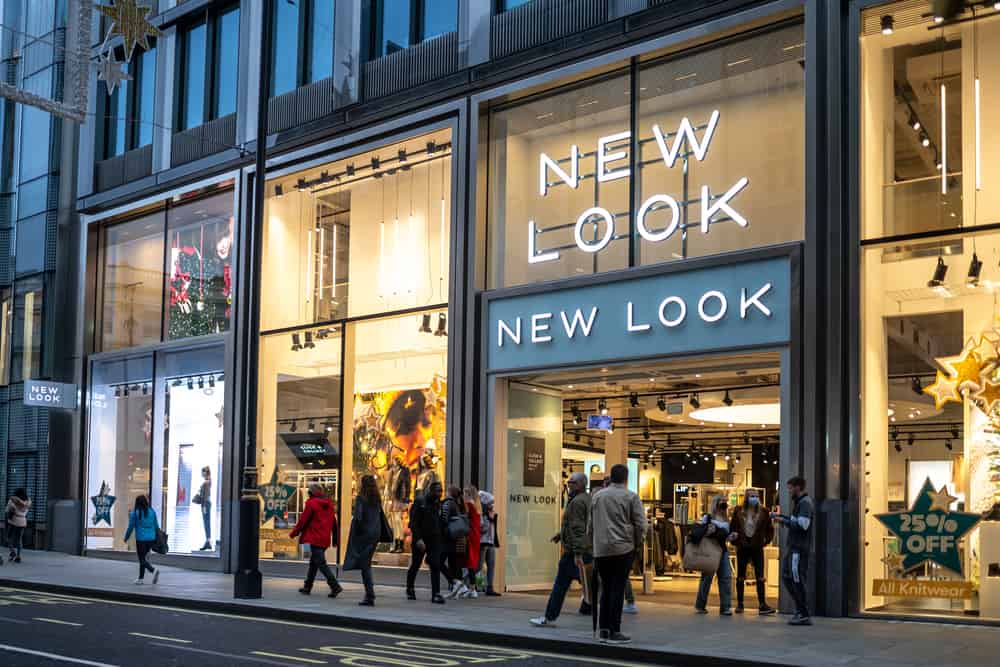“A number of retailers and third-party developers have introduced mobile apps that give consumers powerful new shopping tools and added convenience,” says Jeffrey Grau, a senior analyst at eMarketer and author of a new report, Mobile Commerce: Ahead Of Its Time. “But most retailers are either standing on the sidelines or in the midst of planning their mobile commerce strategy.”
Retailers cite capital constraints and issues with consumer privacy and security as the biggest obstacles standing in the way of further m-commerce efforts, reports eMarketer. An April 2009 survey by RIS News found that 44.4% of US retailers said capital constraints were the main obstacle, followed by 26.7% with consumer privacy concerns, security concerns and worries about PCI compliance. A lack of mature or trustworthy m-commerce vendors and infrastructure was also cited by 22.2% of respondents.
“A major obstacle not addressed directly by the RIS survey is the lack of standardization among smartphone browsers and operating systems,” adds Grau. “Mobile app developers need to carefully pick and choose where they think they can get the best return for their effort.”
Despite retailers’ meagre efforts and consumer concerns about the difficulties of mobile shopping, consumers are willing to make purchases for some items via mobile, although these tend to involve small amounts of money. Pizza topped the list in a Billing Revolution survey conducted in April and May 2009, followed by movie and event tickets, hotel rooms and fast food.
That said, eMarketer concludes, “savvy retailers should not neglect this channel, because mobile shoppers are valuable customers. People who download mobile applications, including shopping apps, are a highly coveted consumer segment. Mobile buyers tend to be repeat purchasers with a higher order value than average consumer, and it can be important for them to complete transactions with ease even if it means spending more.”








